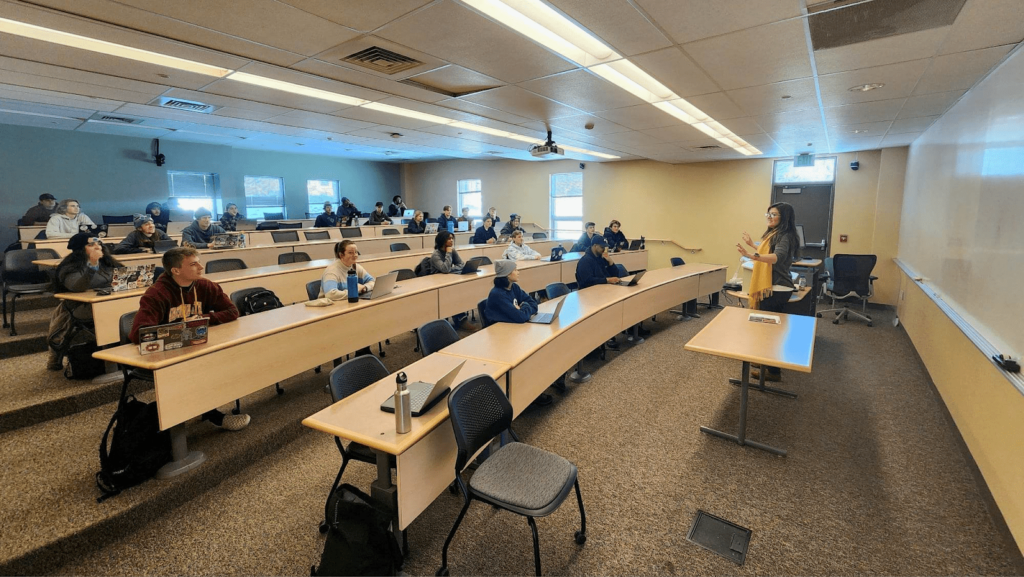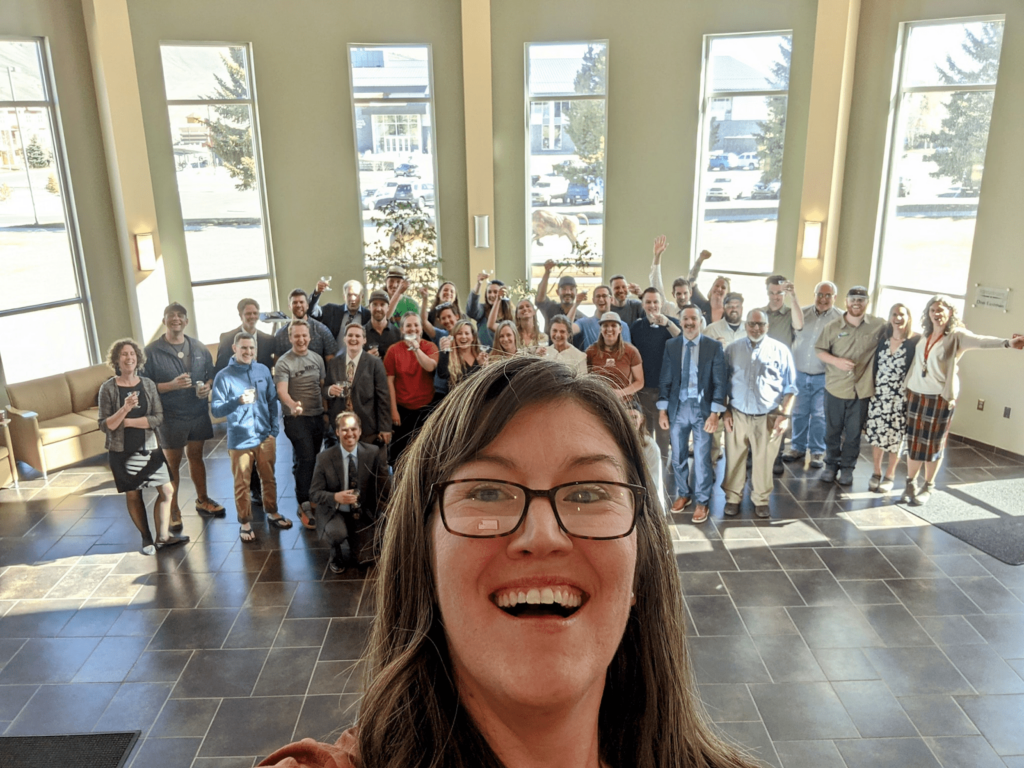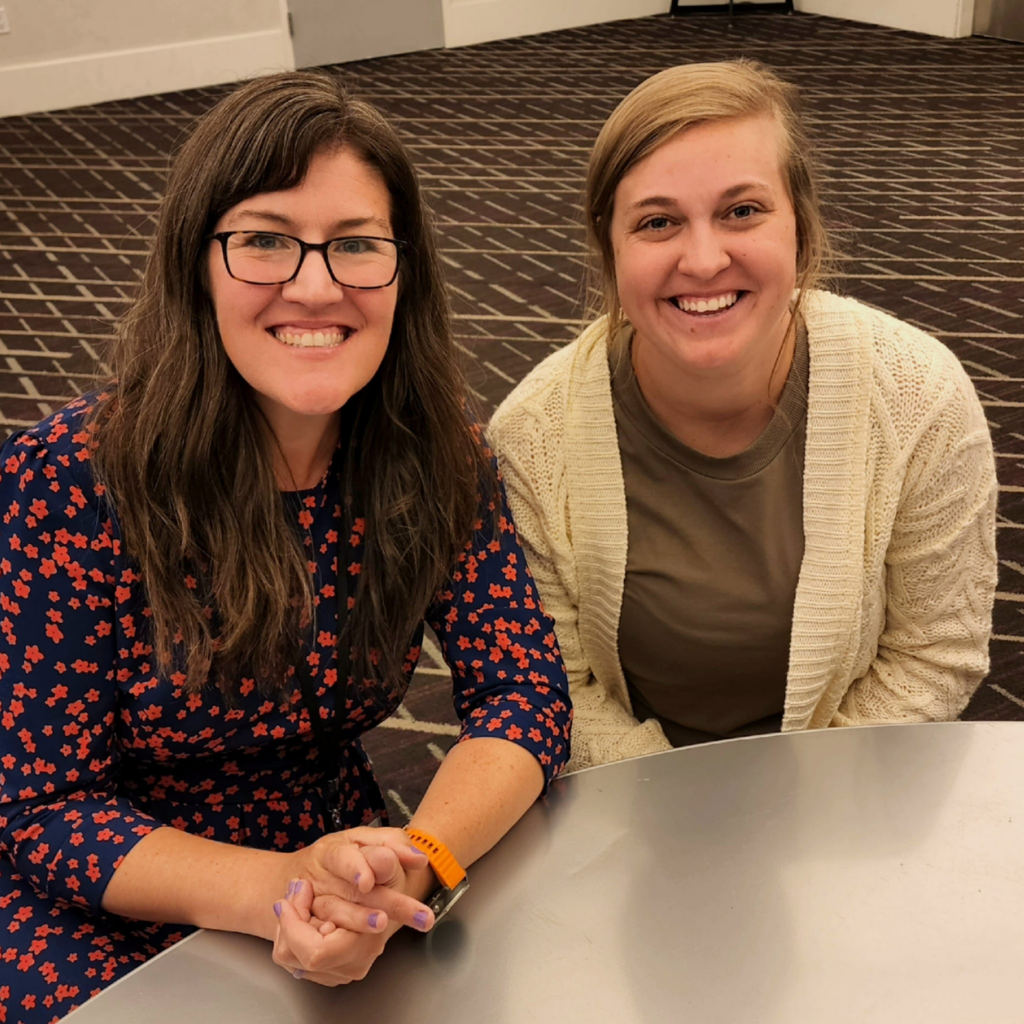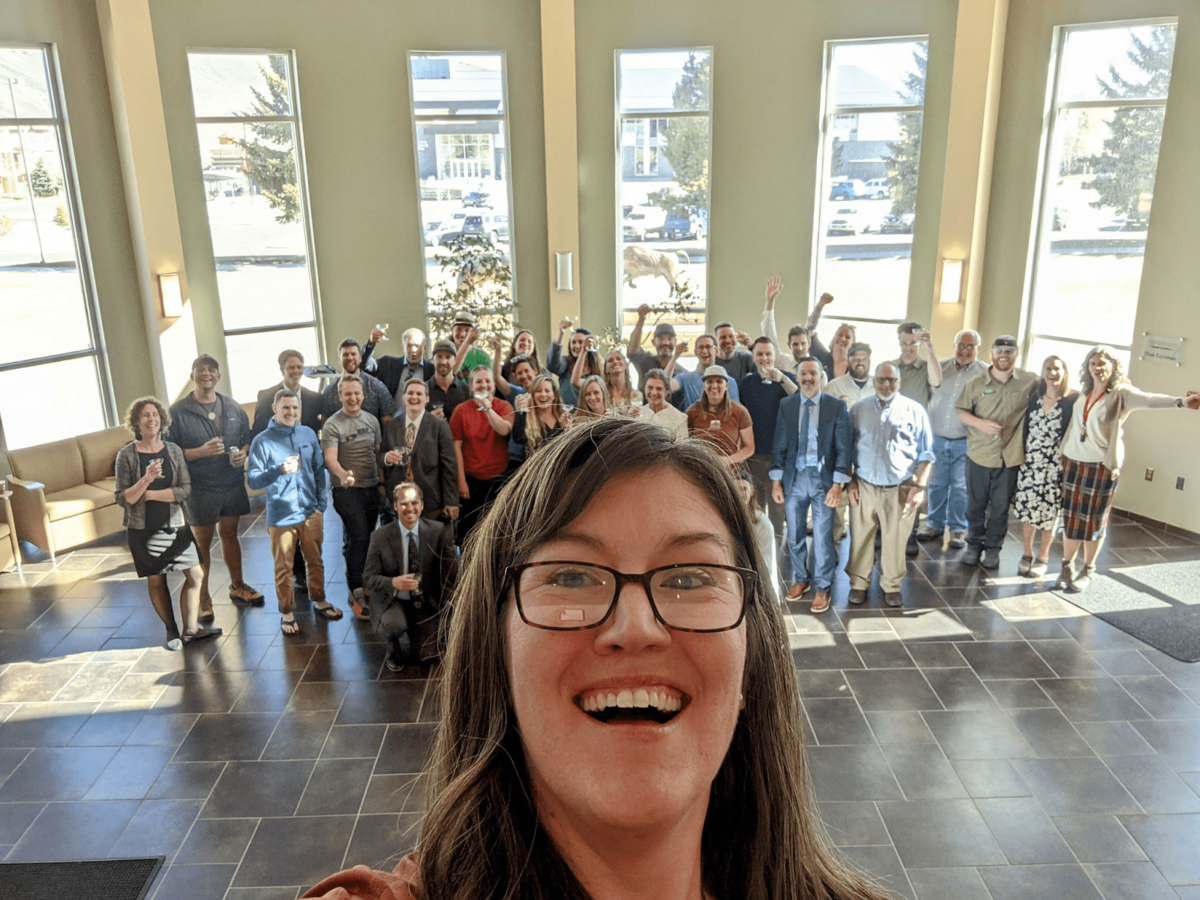By Khristina Rhead

Started in 2018 by the former business school dean Peter Sherman, the two-year Outdoor Industry Master of Business Administration (OIMBA) program at Western prepares students to become leaders in the outdoor industry, particularly in the fields of sustainable outdoor product development and resort and hospitality management.
Since 2019, Dr. Scott Borden has been the program’s director and has overseen the successful graduation of the OIMBA’s first three student cohorts — composed of 74 graduating students.
Back in July, students in the OIMBA program received news that both Borden and Dr. Taryn Mead, an assistant professor and product track coordinator for the OIMBA program, would be resigning from their full-time positions and transferring into part-time roles as they begin new positions in the Walton School of Business at the University of Arkansas.
Borden will stay on as the director of the program in a remote capacity until the beginning of January. Borden and Mead will stay on as program advisors and adjunct lecturers for the foreseeable future.
After a search, assistant professor of business administration Dr. Jennifer DeBoer will become the OIMBA director, effective Jan. 1, 2023.

DeBoer grew up in Modesto, California. Although she said the area wasn’t always the most exciting place to grow up, she appreciated how close Modesto was to Yosemite and Lake Tahoe — and how the Central Valley offered her and her family many opportunities to hike, camp, ski, and snowboard.
After finishing high school, DeBoer received an associate’s degree at Modesto Junior College before transferring to the University of California, Santa Cruz (UCSC), where she studied management economics.
Upon her graduation from UC Santa Cruz, DeBoer worked for E&J Gallo Winery before applying and attaining acceptance to the sustainability-focused Master of Business Administration (MBA) program at Humboldt State University in northern California.
Desiring to take her education in business sustainability further, DeBoer ultimately decided to pursue a Ph.D. in Sustainable Business Management, which she received in 2019 from the University of British Columbia, in Vancouver, British Columbia.
DeBoer says she was not initially drawn to a career in teaching, but the opportunity presented itself when she decided to apply for a job as a teaching assistant for a macroeconomics class at UCSC.
She soon found that teaching economics posed much more of a challenge than simply being a student of economics because, as a teacher, she was presented with nuanced questions which required a far deeper understanding of the subject material.

That experience spurred DeBoer to realize that she loved the challenge of answering difficult questions.
“The personal challenge and the personal growth that I experienced in being a supplemental instructor at UC Santa Cruz really twisted what I decided to pursue, or what I wanted to pursue. So, at that point I decided ‘maybe I [do] want to be a professor,”’ she recalls.
Aside from the challenge of answering complex student questions, DeBoer also liked the notion that by teaching business, she could influence future managers and CEOs on issues of social and environmental sustainability, as well as diversity, equity, and inclusion (DEI).
“If I got into a job in private practice and could influence one company, I wasn’t going to have much of an impact. Whereas if I could train and teach future business leaders to think a little bit more carefully about environmental and social impacts, [then] I could have a much bigger impact, indirectly,” she explains.
After receiving her MBA from UC Santa Cruz, DeBoer initially taught for a year at College of the Redwoods in northern California. After obtaining her doctoral degree, she began teaching at Ripon College, a small liberal arts school in rural Wisconsin.
In search of the right fit, she applied to a handful of schools — one being Western — and the rest is history.
Coming from teaching in the Midwest — where she says that students tend to only answer a question if they’re certain they have the right answer — DeBoer was pleasantly surprised to witness Western students who weren’t afraid to engage in class, even if they didn’t always have the right answers.

From that experience, she became convinced that Western was the right place for her.
When the OIMBA role opened up, DeBoer applied, and cites her desire to continue to have a bigger impact on future business leaders as her driving motivation.
“I love the fact that it’s interdisciplinary; that not everyone has a business degree. I think that most of the larger societal and environmental issues that we’re facing right now are because businesses have a lot of power and a lot of control and are run by individuals that have a more narrow business background…I want to see more leaders coming into businesses, particularly in the outdoor industry, that have more diverse backgrounds, so that we have more well-rounded, more comprehensive decision making,” adds DeBoer of the OIMBA program.
When she signed on the director gig, DeBoer was careful to ensure that as the program’s director she would still be allowed to teach at both the undergraduate and graduate levels.
DeBoer sees the program’s interdisciplinary and transdisciplinary approach as one of its biggest strengths, and one that plays to Western faculty’s strengths and passions. She also believes that the program’s outdoor focus serves to differentiate it from larger, more established MBA programs

In the future, DeBoer would like to see the OIMBA program expand upon its certificate offerings. “One of the long-term plans that I have for the program is to experiment with [offering] micro-credentials,” she says.
More specifically, Dr. DeBoer is interested in granting credentials to current professionals in specific areas that she believes could be improved upon within the outdoor industry, including diversity, equity, and inclusion (DEI), as well as sustainable finance.
“I’d like to go to VF [Corporation], REI, or Patagonia and ask, ‘do you have some promising employees that you want to support through educational experiences?’ They can take these three classes [at Western] to develop skills and earn a certificate in sustainable finance,” explains DeBoer of her vision.
In the near future, she hopes that the OIMBA program will offer courses in the above topics and attract more current employees at prominent and influential outdoor companies.

